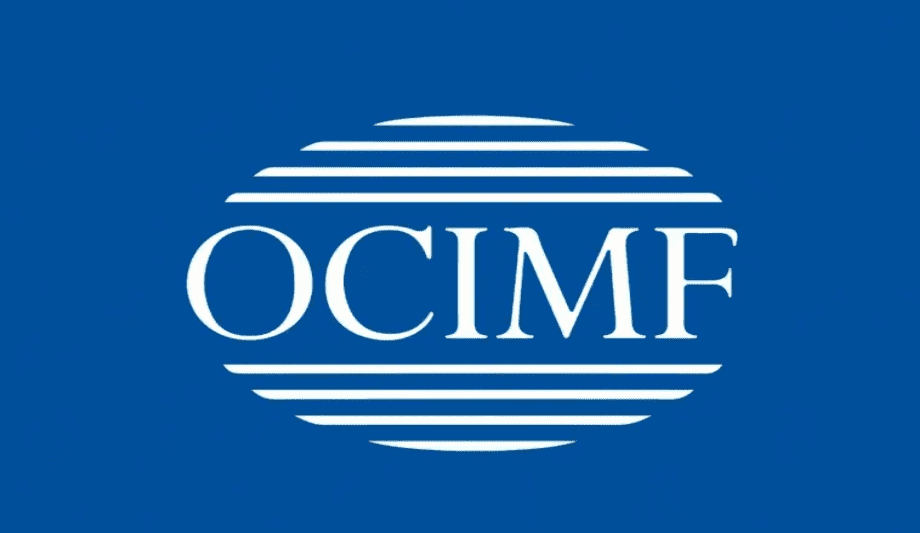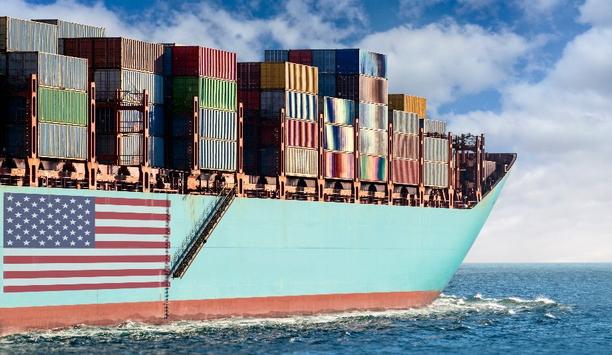The Oil Companies International Marine Forum (OCIMF) has developed an approach to integrate human factors into its activities. A core human factors principle in support of the company’s focus on reducing risk is the acceptance that people make mistakes and that mistakes become more likely under conditions that make work difficult.
Crises such as the current conflict can have a direct and indirect impact on the well-being of personnel. Emotions such as uncertainty, fear, anxiety or sadness affect mental health. For some, the conflict may also trigger difficult memories of past experiences and exacerbate such emotions.
Understanding and talking about these shared human emotions lets people know they are not alone. By ensuring that personnel are supported if they feel overwhelmed or concerned about a colleague who may be struggling, we can positively influence wellbeing and human performance.
The emotional impact
As well as the emotional impact, there will be further unpredictable challenges including shortages of experienced personnel, extended tour durations, difficulty in travel, problems paying salaries and inter-personal tensions.
OCIMF urges all concerned parties, including members and operators, to collaborate and assess the additional risks and impacts that this conflict presents to human factors and day-to-day operations. In seeking mitigations, it is important to take a caring, empathetic and pragmatic approach with due regard for the wellbeing of personnel and their families.
OCIMF also encourages all concerned parties to have competent support structures available for assessment of the physical and mental well-being of the crew. This can help early identification of the signs associated with potential human factors impacts on activities, performance, safety and efficiency.


